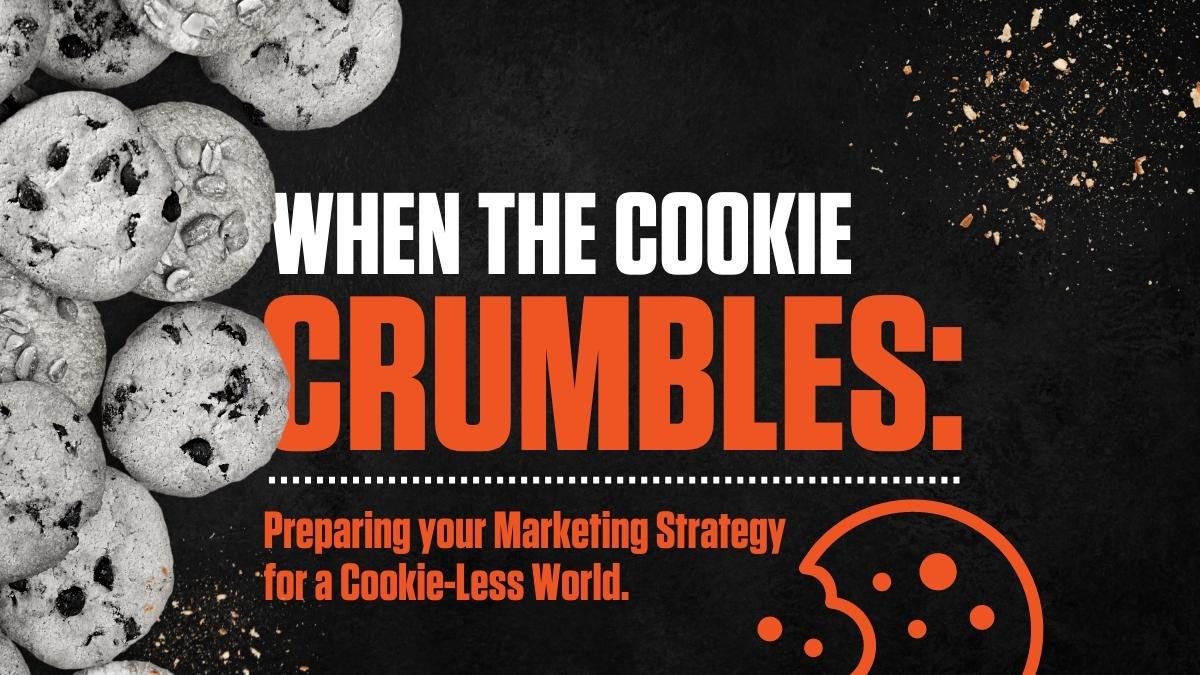In 2020, Google announced it would phase out third-party cookies — starting in 2023 — on its Chrome browser, joining Apple’s Safari and Firefox browsers. The announcement signified the death of the third-party cookie since Chrome, Safari, and Firefox are the top three internet browsers. Chrome itself made up more than half of global internet traffic.
Ultimately, this phase-out is not surprising as consumers’ mindsets around data privacy, transparency, choice, and control have changed drastically since 2018. Policies around data transparency have passed across the country after the California Consumer Protection Act was made law. With any policy shifts around data and privacy, marketing and business experts have been buzzing with what these changes mean for marketers and PPC.
Google announced its Privacy Sandbox to regulate tracking, measurement, and fraud prevention through five application programming interfaces (APIs). But, it hasn’t released any definitive information, APIs, or recommendations on the Privacy Sandbox. This has left many marketers confused about how these changes will impact their digital marketing efforts.
A great way to ease the confusion is to work with a full-service digital marketing agency such as Farmboy. Our experienced team of marketers stays up-to-date on all the changes with Google and its AI advertising tech to future-proof our clients’ digital marketing.
How Is This Going To Impact Digital Marketing?
When Google removes third-party cookies, nearly all aspects of pay-per-click will be affected — specifically, the tech that allows targeting specific audiences, remarketing, and measuring overall campaign success. Campaigns utilizing audiences to target particular groups of customers will be affected in both audience size and accuracy. We predict display and video ads will bear the brunt of removing third-party cookies, while search ads utilizing keywords and first-party data will be less affected.
How Can I Prepare For This?
On a more positive note, Google won’t leave us high and dry; it’ll offer a substitution to ensure the company remains the top-tier platform for advertisers. Yet, marketers can use tactics and strategies to prepare for this new landscape.
Embrace Consumer Privacy Concerns
Consumers are more knowledgeable than ever about privacy and data concerns. Nearly 50 percent of buyers have stopped using a service or a product due to privacy concerns. Businesses that prioritize consumer privacy create increased trust with their customers, thus increasing loyalty. Bottom line: be transparent with how you’re collecting data and what is done with it. It’s not only ethical but good for business.
Leverage First-Party Data
The best way to prepare for a cookie-less world is to create ways to collect first-party data.
First-party data is collected directly from the consumer and is owned by the company. First-party data is collected from your website, email marketing, social, mobile apps, point-of-sale, and customer relationship management (CRM).
One of the key ways to collect first-party data is utilizing Google’s global site tag. Sitewide tagging is essential — it will be one of the only ways to collect data from website visitors and measure campaign effectiveness.
CRM software will be essential to collect, manage, and nurture consumer information and relationships. Plus, merging your CRM or point-of-sale software with other first-party data will lead to significant returns on your ad campaigns.
Provide Value & Consumers Will Provide Information
Marketers have evangelized “Content is King” rhetoric for a while. Yet, in this new cookie-less landscape, they must use content to provide value to consumers in exchange for consumers’ information. Creating informational, educational, or entertaining content will be the only way customers will provide their information. If you gatekeep content, such as requiring an email address or phone number to receive, make sure it provides equal value in the exchange.
Established Iowa Digital Marketing Agency
With a change of this magnitude, it makes sense for businesses to reach out to an established digital marketing agency such as Farmboy. Our team digs into your needs, ensuring every part of your marketing strategy and measurement plan will mesh with a cookie-less world. We can help with everything from website design and tagging to content creation and PPC because we do REAL. GOOD. WORK. Contact us today to start!



Leave a Reply
You must be logged in to post a comment.